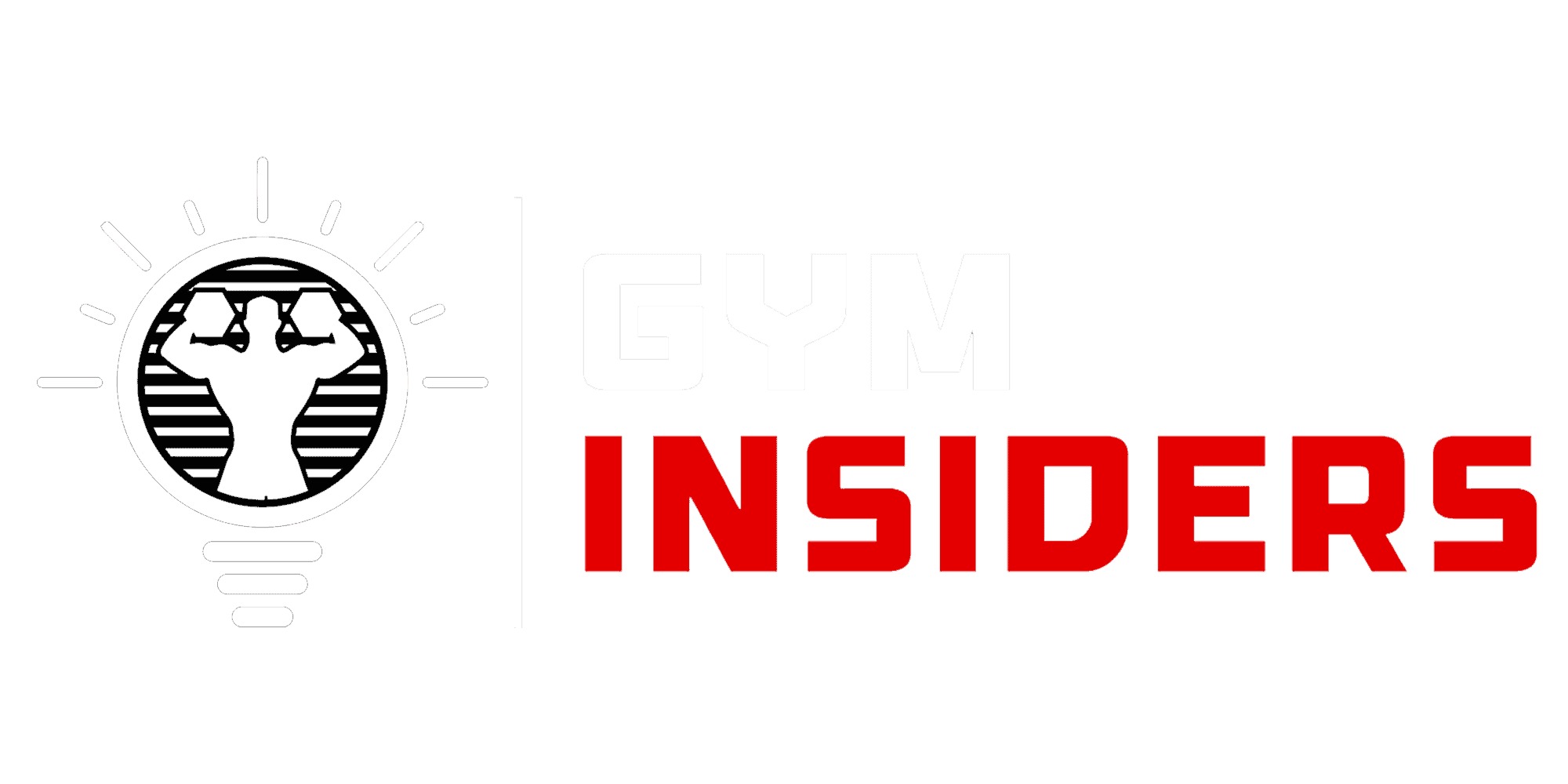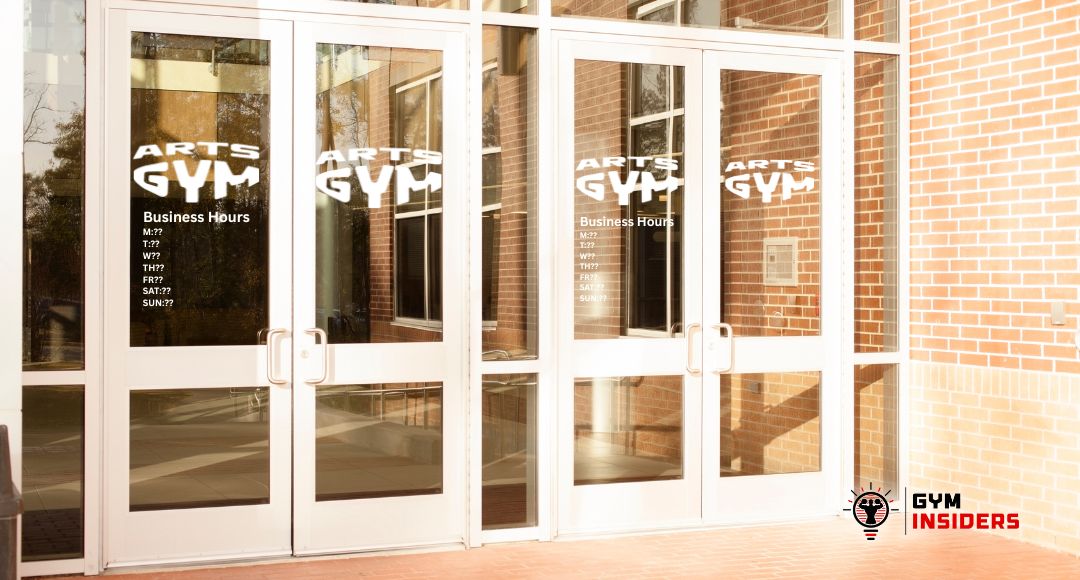Hey there, gym and fitness leaders! If you’re reading this, you’re likely facing a question that haunts most general managers: When do you know your assistant manager is ready for the next step? Throughout this read, we will touch on some areas to take into consideration before you sign off recommending your protege for advancement.
Table of Contents
The Obvious Yet Limited Metrics: KPIs
Let’s get the formalities out of the way. KPIs (Key Performance Indicators) are those tidy numbers that look great on spreadsheets. They’re the weight and reps in our managerial gym. While they offer a quick snapshot of what’s going on—membership sign-ups, retention rates, customer feedback—they only tell part of the story. The numbers could be hitting the ceiling, but does that mean your assistant manager is ready for the big league? Not necessarily.
The Unspoken Language of Leadership
Now let’s get to the juicy part. Leadership is like charisma; you can sense it even if you can’t put it into words. When your assistant manager walks into a room, how does the atmosphere change? Is there a ripple of respect, a current of confidence? The moment they step in, if your staff inadvertently straighten up, start smiling more, or suddenly become more productive, you’ve got a hidden gem.
Communication: The Bridge to Everywhere
Communication is a talent; effective communication is an art. Your assistant manager could be a veritable ideas factory, but if they can’t share those ideas, they’re like unread books on a shelf. Are they a good listener? Do they make complex topics sound like bedtime stories? Equally important, how well do they understand what’s being communicated to them? Good communicators can read between the lines, a skill that’s invaluable when making managerial decisions.
Accountability: Walking the Talk
Ah, accountability. It’s like the cardio of the managerial world; nobody really loves it, but everybody needs it. Your assistant manager should not only keep themselves on track but also know how to navigate the delicate balance of holding their team accountable. They should master the art of feedback—both giving and receiving. Observing how they manage to keep the ball rolling without dropping it offers deep insights into their capacity for bigger responsibilities.
KPI 2.0: Performance vs. Improvement Metrics
Alright, time to bring back those KPIs but with a twist. Rather than looking at static numbers, think dynamically. For instance, if your assistant manager was responsible for implementing a new fitness program, did the number of participants increase over time? Did customer satisfaction improve as a result? The ability to cause positive change is an attribute you can’t afford to overlook.
Work Ethic: More Than Just Sweat
Here’s where things get interesting. Work ethic isn’t just about pulling long hours; it’s about the quality of work within those hours. Imagine this: two assistant managers put in the same hours, but one manages to solve persistent issues while also brainstorming innovative solutions. That’s not just hard work; that’s smart work.
A Standing Ovation from Peers and Employees
Think of this as a 360-degree performance review. How is your assistant manager perceived by their peers, the team they manage, and even the clients? Are they respected, trusted, and, dare I say, loved? Peer and team feedback can reveal things about a candidate that you might not see from a managerial perspective.
Customer Service: The Heart of the Game
In a fitness center, every member is a VIP. So how does your assistant manager handle these very important personalities? Do they manage to diffuse tension with ease? Are they proactive in addressing concerns before they escalate? Good customer service is not just solving problems; it’s preventing them from happening in the first place.
Managerial Jujitsu
Time management, conflict resolution, and project management are your bread and butter skills. Any deficit here can cripple the operational side of things. You’ll often find that the assistant manager already acting like a general manager, only without the title, is the one ready for promotion.
When to Pull the Trigger on Promotion
If you find your assistant manager checks most of these boxes, it’s time to prepare for the big conversation with upper management. Accumulate your data, but don’t just make it about stats. Throw in some compelling anecdotes, personal observations, and maybe even some comments from staff or customers who’ve been positively impacted.
Closing Thoughts: The Nuanced Art of Promotion
Promotion isn’t just a change in job titles and a bump in salary; it’s an affirmation that the individual is ready for a more intricate dance of responsibilities. The difference between a manager and a leader is the same as that between a gym and a community. One is functional; the other is transformational.
Recognizing when it’s time to promote someone involves a balanced blend of hard metrics and soft skills. By considering these multiple aspects, you’re not just checking off boxes; you’re making a well-rounded, strategic decision that impacts every layer of your gym’s ecosystem.
So the next time you find yourself questioning if it’s the right time to promote your assistant manager, delve into this rich tapestry of skills, traits, and intangibles. Trust me; it’ll make your decision a lot easier and a whole lot more rewarding.







No Comments
Sorry, the comment form is closed at this time.